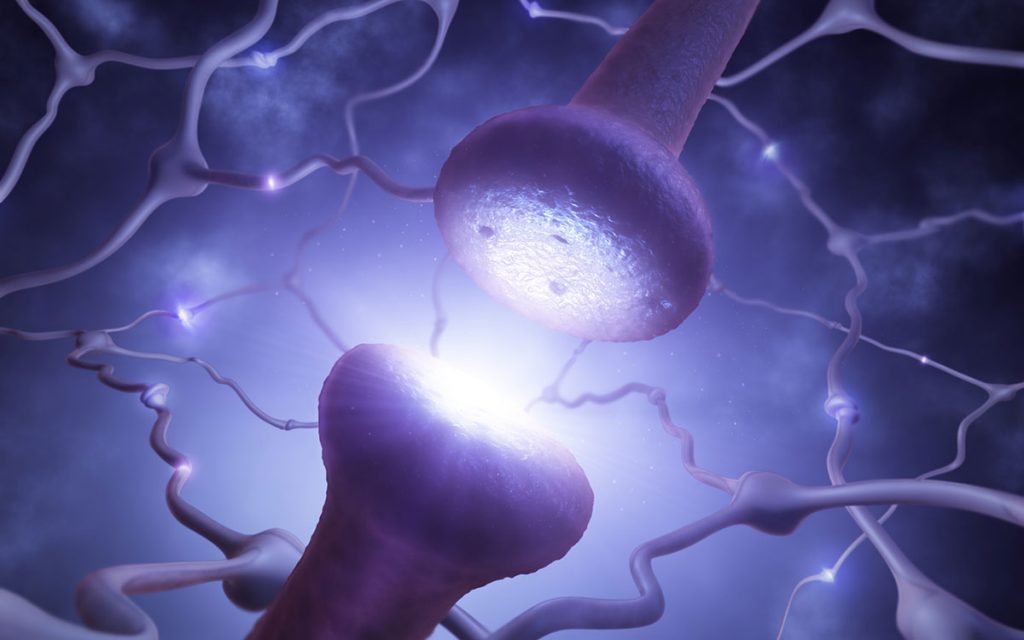When you’re born with hearing loss, your brain develops a little differently than it otherwise might. Surprised? That’s because we often think about brains in the wrong way. Your mind, you tell yourself, is a static object: it only changes due to trauma or damage. But the reality is that brains are a little more…dynamic.
Hearing affects your brain
You’ve probably heard of the notion that, as one sense wanes, the other four senses will become more powerful in order to compensate. The popular example is always vision: as you lose your vision, your hearing and smell and taste will become super powerful as a counterbalance.
Hearing loss, for example, can and does change the sensory architecture of your brain. At least, we know that happens in children–how much we can extrapolate to adults is an open question.
CT scans and other studies of children with hearing loss show that their brains physically change their structures, transforming the part of the brain usually responsible for interpreting sounds to instead be more sensitive to visual information.
The newest studies have gone on to discover that even mild hearing loss can have an impact on the brain’s architecture.
How hearing loss changes the brain
When all five senses are working, the brain devotes a certain amount of space (and power) to each one. A certain amount of brain space goes towards interpreting touch, a certain amount towards hearing or vision, and so on. Much of this architecture is established when you’re young (the brains of children are incredibly flexible) because that’s when you’re first developing all of these neural pathways.
Established literature had already confirmed that in children with total or near-total hearing loss, the brain changed its overall architecture. The space that would usually be devoted to hearing is instead reconfigured to better help with visual perception. The brain devotes more space and more power to what the senses that are delivering the most information.
Changes with mild to moderate hearing loss
What’s surprising is that this same rearrangement has been observed in children with mild to moderate hearing loss too.
To be clear, these changes in the brain aren’t going to translate into substantial behavioral changes and they won’t lead to superpowers. Instead, they simply seem to help individuals adapt to hearing loss.
A long and strong relationship
The evidence that hearing loss can change the brains of children certainly has implications beyond childhood. The vast majority of people living with hearing loss are adults–and the hearing loss has itself is often a result of long-term noise or age-related damage. Is hearing loss changing their brains, too?
Some evidence suggests that noise damage can actually cause inflammation in certain parts of the brain. Other evidence has linked untreated hearing loss with higher risks for dementia, depression, and anxiety.
That’s borne out by anecdotal evidence from families across the country.
The impact of hearing loss on your overall health
That hearing loss can have such a significant impact on the brain is more than simple trivial information. It reminds us all of the essential and inherent connections between your brain and your senses.
When hearing loss develops, there are often significant and noticeable mental health impacts. Being aware of those impacts can help you prepare for them. And the more prepared you are, the more you can take steps to maintain your quality of life.
How much your brain physically changes with the onset of hearing loss will depend on a myriad of factors (including your age–older brains tend to firm up that architecture and new neural pathways are more difficult to establish as a result). But there’s no doubt that untreated hearing loss will have an effect on your mind–no matter how mild it is, and no matter how old you are.


